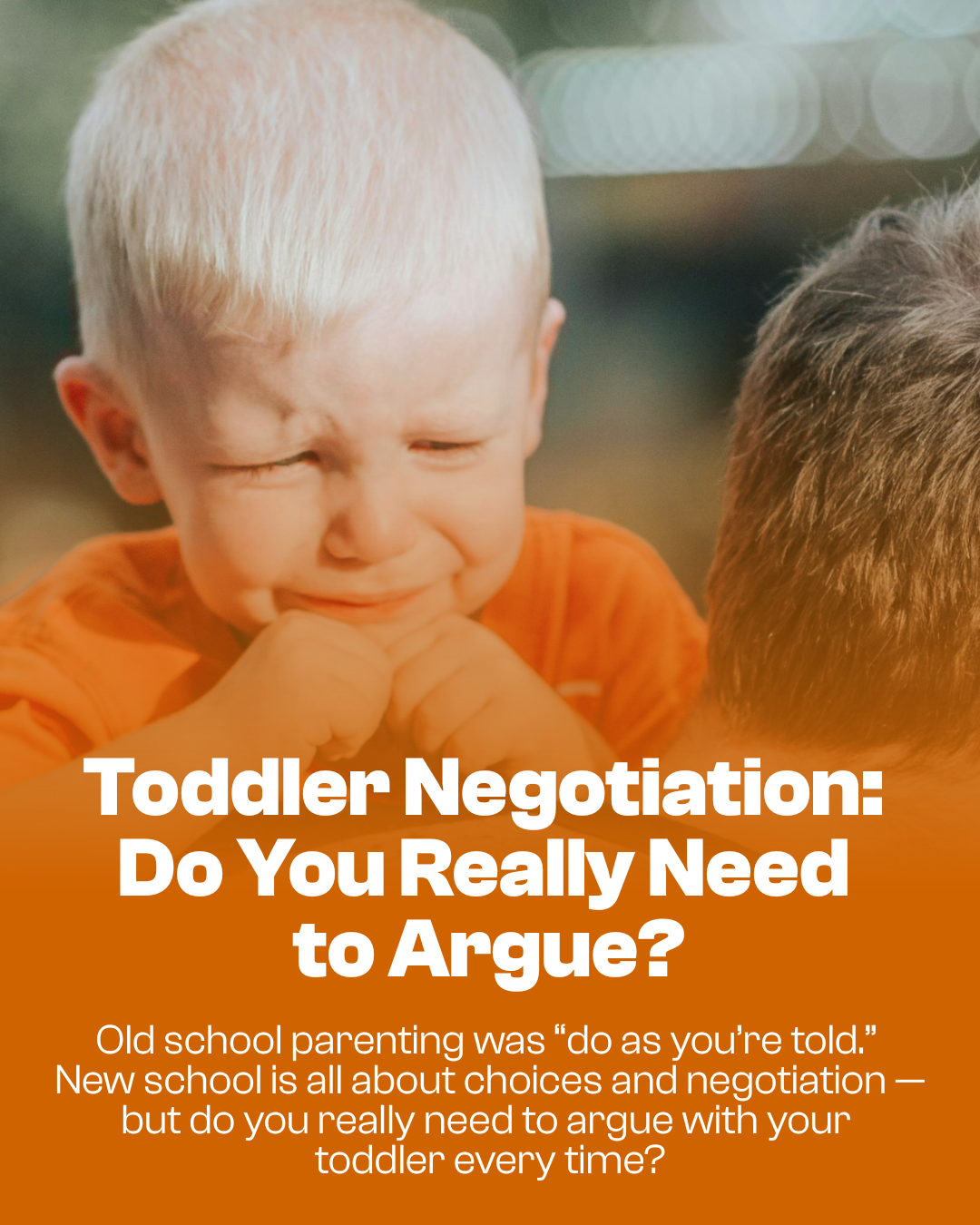


Starting January 11, 2026 at 12:00PM, we’re replacing credits with Makeup Tokens—a simpler, fairer way to make up missed classes.
Read more





As parents, we’ve all been there—your child is bouncing off the walls at bedtime or tossing and turning when they’re supposed to be catching some Zs. Sleep is crucial for children’s growth, learning, and overall health, but getting them to wind down can sometimes feel like a Herculean task.
Here’s the good news: regular physical activity, like the sports programs at Minisport, can dramatically improve your child’s sleep quality. Sports don’t just wear kids out (although that’s a nice bonus!); they also help regulate their energy, reduce stress, and create healthy routines that lead to better sleep.
Let’s dive into how sports and sleep are connected, why this matters for your kids, and some practical tips to make the most of this winning combination.
Before we talk about sports, let’s quickly touch on why sleep is such a big deal for kids. Sleep isn’t just about resting—it’s when their brains and bodies are hard at work:
So, how does sports help with all this? Let’s break it down.

If you’ve ever watched your kids zoom around like they’re powered by rocket fuel, you know how much energy they have. Sports give them a productive outlet to burn off that excess energy. By the time bedtime rolls around, their bodies are ready to rest and recover.
Sports often happen at the same time every week—whether it’s a weekly soccer class or a Saturday morning swim. This consistency helps set your child’s internal clock (also known as their circadian rhythm), making it easier for them to fall asleep at night and wake up refreshed in the morning.
Active kids tend to be happy kids. Sports are a natural stress-buster, helping to reduce anxiety and improve mood. When kids feel calm and relaxed, it’s easier for them to wind down and drift off to sleep.
Sports improve overall fitness, balance, and coordination, which can help with better sleep. For example, kids with stronger core muscles and better posture may find it easier to get comfortable in bed.

Now that we know how sports help with sleep, here are some practical tips to maximize the benefits for your kids:
Kids thrive on routines, and sports can be a big part of that. Having regular sports sessions not only keeps them active but also helps establish a predictable daily pattern.
While sports are great for sleep, too much activity (or overly intense workouts) can have the opposite effect. Aim for about 60 minutes of moderate to vigorous activity per day, as recommended by health experts.
After a big game or practice, your child’s adrenaline might still be pumping. Help them wind down with calming activities before bed, like reading a book, stretching, or taking a warm bath.
Sports like soccer, basketball, or tennis offer more than just physical activity—they also provide social interaction, which can reduce stress and improve mental well-being. A happy, socially connected child is more likely to sleep well.
What kids eat and drink can have a big impact on how well they sleep. Encourage healthy snacks before and after sports, like bananas, yogurt, or whole-grain crackers. Avoid sugary snacks close to bedtime.
Sleep is when your child’s body repairs itself, so it’s important to make their recovery time as effective as possible.
.jpg)
While any physical activity is beneficial, some sports are particularly good for promoting better sleep. Here are a few options to consider:
Not sure if your child’s sports routine is improving their sleep? Look out for these signs:
If you notice these changes, congratulations—you’ve found a winning formula!
.jpg)
Here’s a quick recap of how sports can help your child sleep better and how to make it work for your family:
As parents, we all want our kids to be happy, healthy, and well-rested. Sports are a fantastic way to achieve all three! By giving your child the opportunity to move, play, and connect with others, you’re setting them up for better sleep and, ultimately, a better quality of life.
So whether they’re scoring goals, swimming laps, or practicing their karate kicks, know that every bit of activity is helping them sleep soundly—and giving you a chance to put your feet up, too. Sweet dreams!




.png)

.png)
